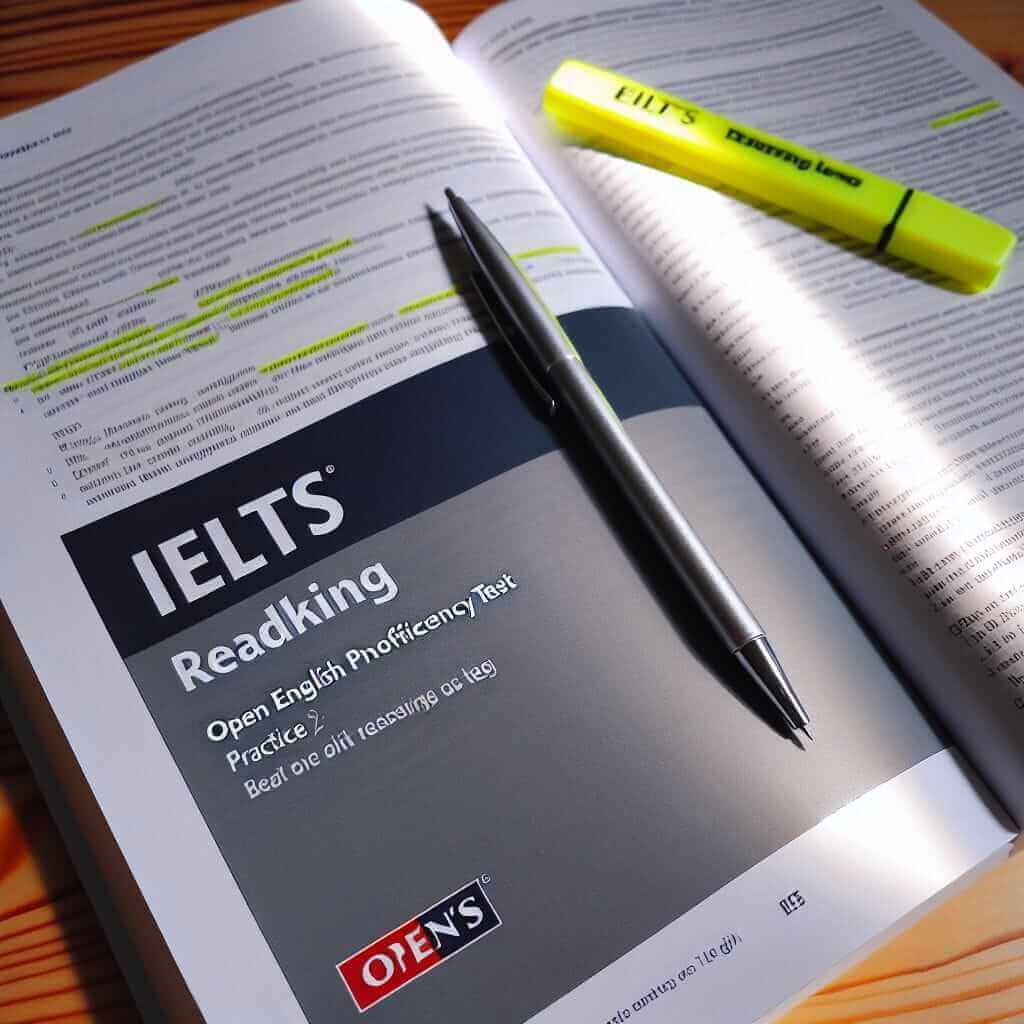As an IELTS instructor with over 20 years of experience, I often encounter students asking whether class size impacts their IELTS Reading score. While the test itself doesn’t change, understanding the nuances of the reading section and how your learning environment might affect your preparation is key. This article delves into the relationship between class size and IELTS Reading preparation, equipping you with the knowledge to succeed.
Understanding the Relevance of Class Size to IELTS Reading Preparation
Although your IELTS Reading score hinges on your individual comprehension and analytical skills, class size can indirectly influence your learning experience.
Advantages of Smaller Classes
- Personalized Attention: Smaller classes often allow teachers to provide more individualized feedback, addressing specific weaknesses and strengths of each student. This focused attention can be particularly beneficial for dissecting complex reading passages and honing reading strategies.
- Increased Engagement: With fewer students, there are more opportunities for individual participation, fostering active learning and deeper comprehension of reading techniques.
- Tailored Pacing: Smaller groups often allow for a more flexible learning pace. If a particular reading concept proves challenging, the instructor can dedicate additional time without disrupting the learning flow of the entire class.
Advantages of Larger Classes
- Diverse Perspectives: Larger classes naturally bring together a wider range of viewpoints and approaches to problem-solving. This diversity can be enriching when analyzing reading passages and discussing different interpretation strategies.
- Exposure to Varied Learning Styles: Observing how other students approach reading passages and answer questions can provide valuable insights and expand your own repertoire of reading techniques.
- Collaborative Learning Opportunities: Larger classes present more opportunities for group work and peer learning, allowing you to practice analyzing passages collaboratively, which can be similar to the collaborative skills needed in university or professional settings.
Maximizing Your IELTS Reading Score: Tips for Success
While class size plays a role, remember that your individual effort remains paramount. Here are some invaluable tips to enhance your IELTS Reading performance:
- Practice Regularly: Consistent practice with past papers, sample tests, and diverse English texts is crucial for improving reading speed, comprehension, and vocabulary.
- Develop Effective Reading Strategies: Skimming, scanning, identifying key words, and understanding text structure are essential skills. Practice applying these strategies to maximize your efficiency in locating information within passages.
- Expand Your Vocabulary: A strong vocabulary is fundamental for understanding complex texts. Make a habit of learning new words and practicing their usage in context.
- Time Management: The IELTS Reading test is timed, so effective time management is critical. Practice answering questions within the allotted time to build your test-taking stamina.

Example: Analyzing an IELTS Reading Passage
Let’s look at how different class sizes might approach analyzing a sample IELTS Reading passage:
Passage Topic: The impact of technology on modern education.
Smaller Class: The instructor might guide a close reading of the passage, pausing to analyze difficult vocabulary, discuss the author’s tone, and examine how evidence supports the main idea. Students might have more opportunities to ask individual questions and receive immediate clarification.
Larger Class: The instructor might divide the class into smaller groups to analyze different sections of the passage. This encourages collaborative learning, with each group sharing their interpretations and answers with the whole class, exposing everyone to diverse perspectives.
Conclusion
While the ideal class size for IELTS Reading preparation varies depending on individual learning styles and preferences, both smaller and larger classes offer unique advantages. The key takeaway is to leverage the strengths of your learning environment while taking proactive steps to enhance your reading comprehension, vocabulary, and test-taking strategies. Remember, consistent practice, a strategic approach, and a dedicated effort will ultimately lead you to achieve your desired IELTS Reading score.